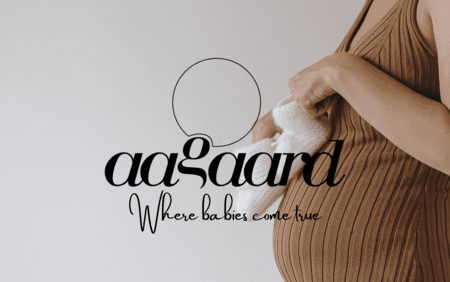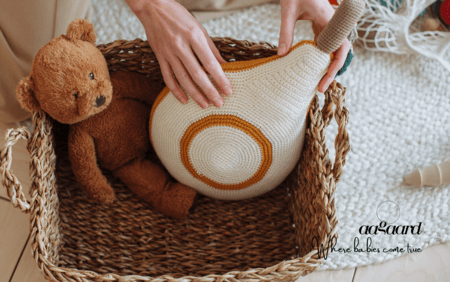
Egg donation treatment
At Aagaard, we offer egg donation treatment with a special focus on quality and safety. As one of the few clinics in Denmark, we perform genetic screening of our egg donors for a range of the most common and serious hereditary diseases, providing recipients of donor eggs with the highest possible reassurance.
When is egg donation relevant?
Egg donation can be an option for women who are unfortunately unable to achieve pregnancy with their own eggs. This may be due to age, menopause, removal of the ovaries or hereditary diseases.
Decision and preparation
We know that starting treatment with egg donation can be a big decision. For many, it can be emotionally difficult to accept that fertility treatment with their own eggs has not been successful. Therefore, we place great emphasis on providing close support through our dedicated egg donation team, who will guide you carefully through the treatment process and the selection of your egg donor.
Before treatment begins you and your partner, if applicable, will undergo a fertility assessment, unless this has already been completed. If you have a male partner, a semen sample is frozen at the first consultation and later used for fertilizing the donor eggs. If donor sperm is needed, it will need to be ordered to the clinic.
Donor selection and screening
As a recipient of donor eggs, you can choose an egg donor who is either No ID-release or ID-release. No ID-release means that the donor cannot be contacted and does not wish to be. ID-release means that the donor can be contacted, and that the child born via egg donation can receive the donor’s identity when turning 18. A donor can also be a 'Known Donor', meaning someone you know personally. Known donation must be voluntary and approved by the clinic (please note that the clinic does not process the compensation for a known donor).
At Aagaard, our donors complete a donor profile. See an example here. In this profile, you can get an impression of the donor and read more about their characteristics, interests and see baby photos. Please note that it is voluntary how much information the donor chooses to share, so not all profiles contain the same level of detail.
The egg donor is matched based on the recipient’s physical characteristics and any preferences you may have. The most important thing is that the choice feels right for you, so it is completely natural to decline a profile if your gut feeling is not positive. In such cases, the waiting time for a new donor may be slightly longer.
At Aagaard, all egg donors undergo genetic screening for a range of the most common serious hereditary diseases, an extra effort that we, as one of the few clinics in Denmark, choose to provide because we prioritize quality and safety. This thorough screening may result in a slightly longer waiting time for a donor, but for us, quality and reassurance come above all else.
Treatment process
Your egg donor will undergo a treatment process similar to IVF treatment, except for the embryo transfer. When the donor is ready for egg retrieval and the eggs have been collected, they are fertilized with either homologous sperm (partner’s sperm) or donor sperm (double donation). In the case of double donation, either the sperm donor or the egg donor must be contactable, in accordance with Danish legislation.
The fertilised donor eggs are frozen and can be used in an FER-treatment (FER = Frozen Embryo Replacement) when it suits the recipient of the donor eggs. In an FER-treatment, the best fertilised embryo is transferred into the uterus of the recipient of the donor eggs. A pregnancy test is performed approximately ten days after the transfer using a blood sample.
Legislation and donor compensation
All healthy women between the ages of 18 and 35 can donate eggs in Denmark. A donor receives 7.200 DKK per donation (compensation is determined by law) and may donate up to six times in total. Our donors at Aagaard live in Denmark and are required to inform us of any changes in their contact details so that we can maintain the possibility of contacting them if needed.
Prices
You can find prices for egg donation treatment here.
Contact
If you would like more information about treatment with egg donation, you are very welcome to contact us via the form at the bottom of this page. We communicate via secure email.
An egg donation process – key steps
Step 1
Fertility assessment is carried out.
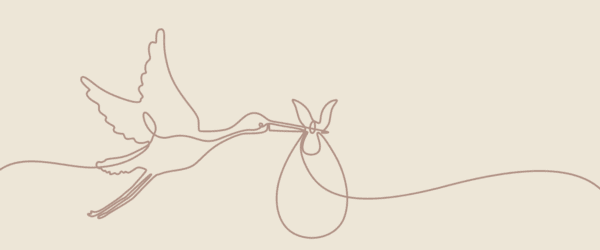
Step 2
Registration on the waiting list for an egg donor.
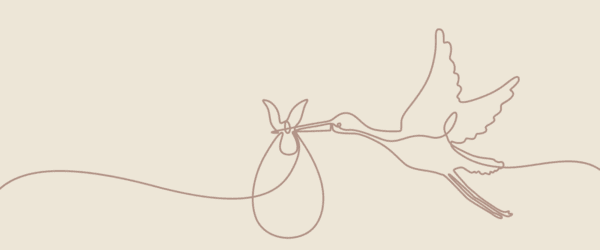
Step 3
Matching and approval of your donor.

Step 4
The donor begins the treatment process (approximately 10–12 days).
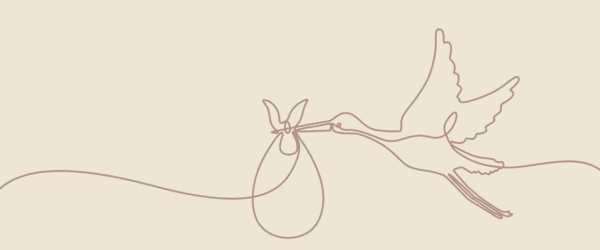
Step 5
Eggs are retrieved from the donor and fertilised with partner’s sperm or donor sperm.

Step 6
Fertilised eggs are frozen.

Step 7
The recipient begins treatment to prepare for embryo transfer.

Step 8
Donor eggs are thawed and transferred into the recipient’s uterus.

Step 9
Pregnancy test 10 days after embryo transfer.

